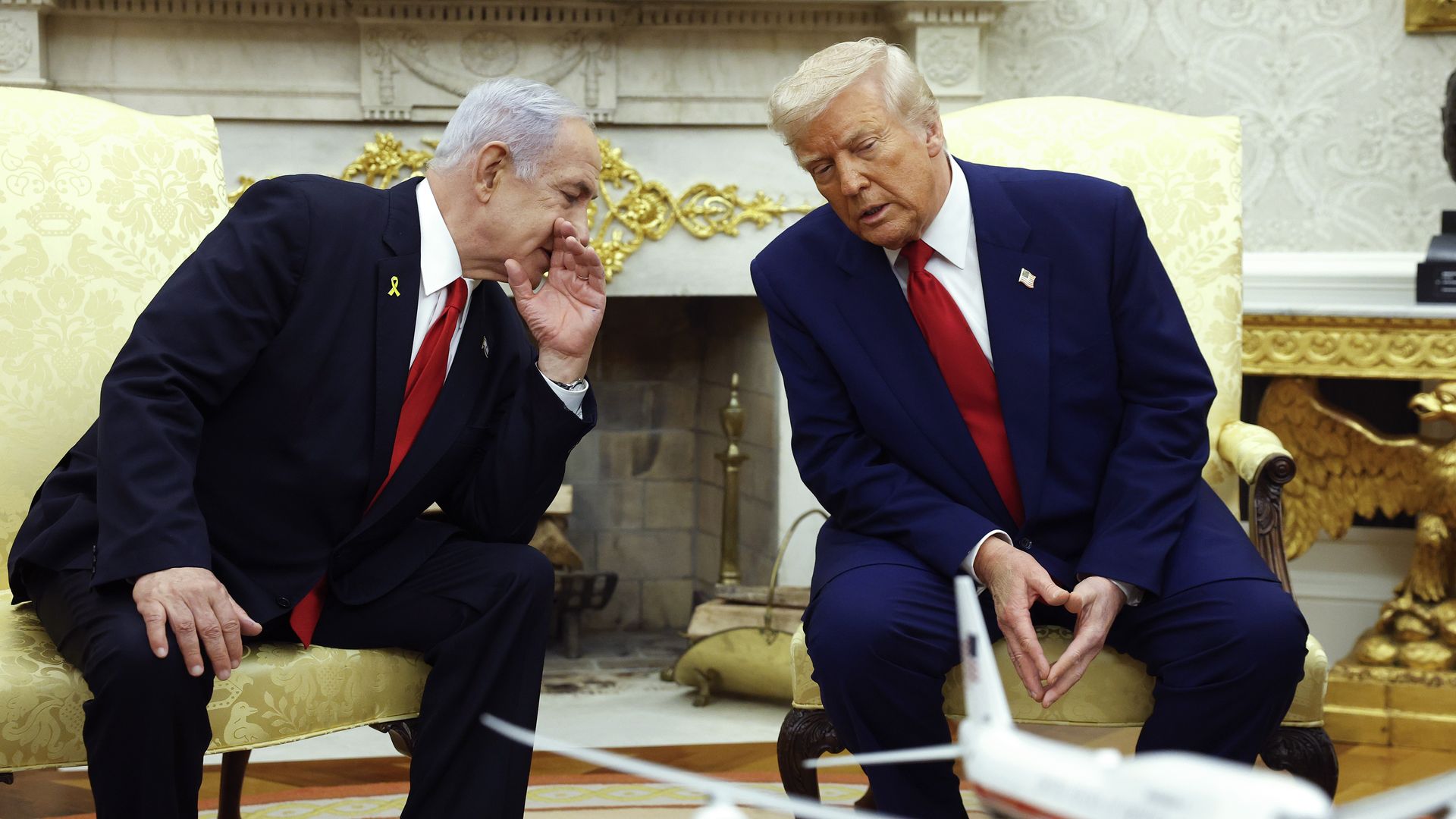The Quincy think tank has issued a comprehensive report emphasizing that the Zionist regime frequently employs hostility towards Iran as a pretext to conceal its actions against the Palestinians and address internal issues. According to the report, the emergence of a stable, peaceful, and independent Iran would represent the greatest nightmare for Tel Aviv. Such a scenario would fundamentally undermine the regime’s core strategy of enemy-building, which is central to its foreign policy and regional influence.
The think tank also highlights the significant risks associated with U.S. military involvement in any potential conflict. It warns that if Washington were to engage militarily, Iran would almost certainly respond forcefully. This retaliation could include targeted attacks on military bases housing approximately 40,000 American troops stationed across the region, as well as covert operations in other parts of the world. Such actions could lead to an escalation of the conflict, broadening its scope and further destabilizing the volatile region.
The report underscores that the primary objective of the Zionist regime in this confrontation is not solely to neutralize Iran’s nuclear program but to preserve and maintain regional nuclear hegemony. This monopoly has allowed Israel to pursue aggressive military actions in West Asia with minimal accountability, effectively making it the most militarily assertive country in the region. The authors argue that U.S. participation in this conflict would implicitly endorse and encourage these destabilizing behaviors, thereby complicating regional security dynamics.
Moreover, the report warns that a renewed U.S. entry into open warfare would severely damage the credibility of international law and the longstanding principle of non-use of force. Such a move could undermine America’s diplomatic standing and negotiations, leading many observers—especially Iranians—to interpret U.S. offers of dialogue as mere cover for preparing a military attack. This skepticism echoes perceptions from the Trump administration era, where diplomatic overtures were often viewed with suspicion and as preludes to military action.
American Think Tank: Israel has set a trap for us

